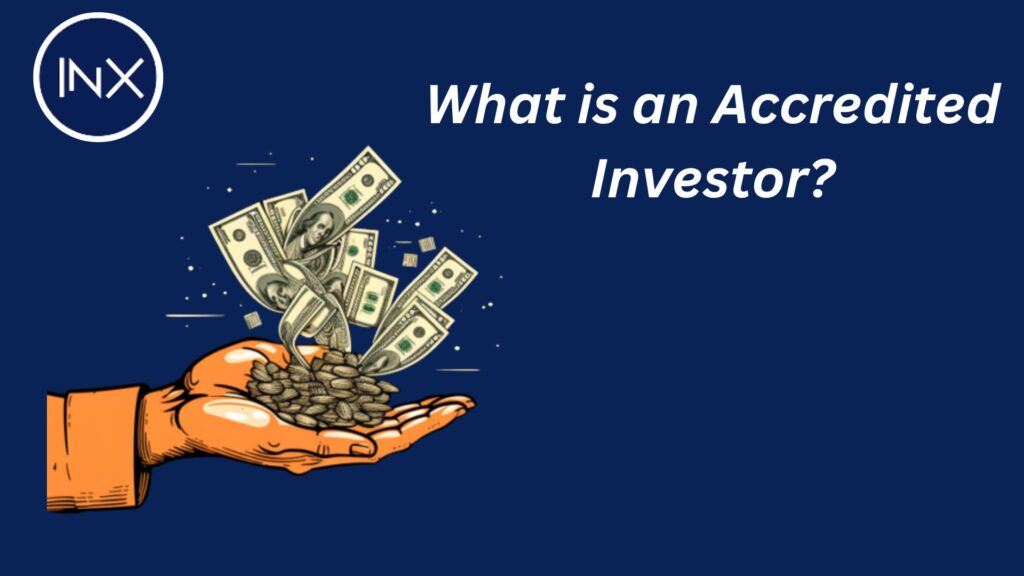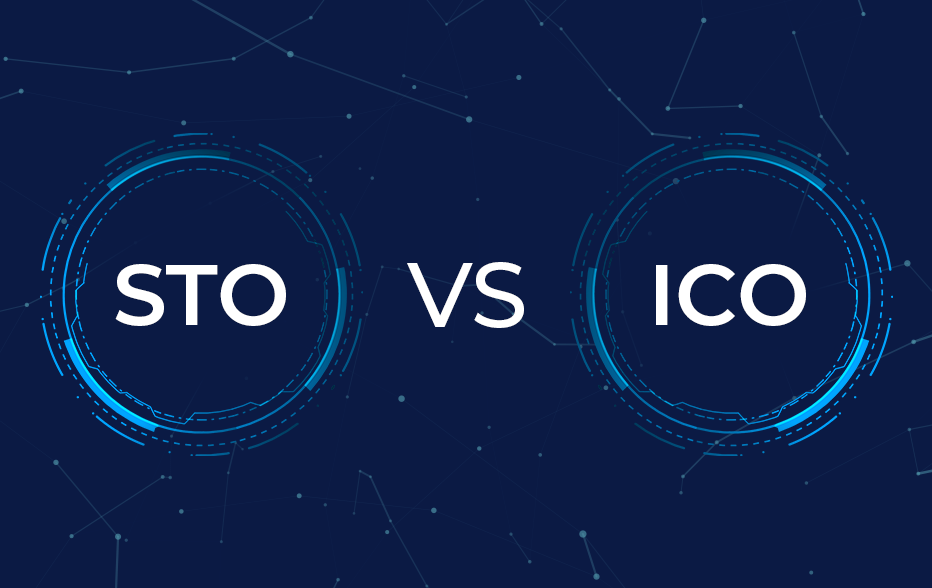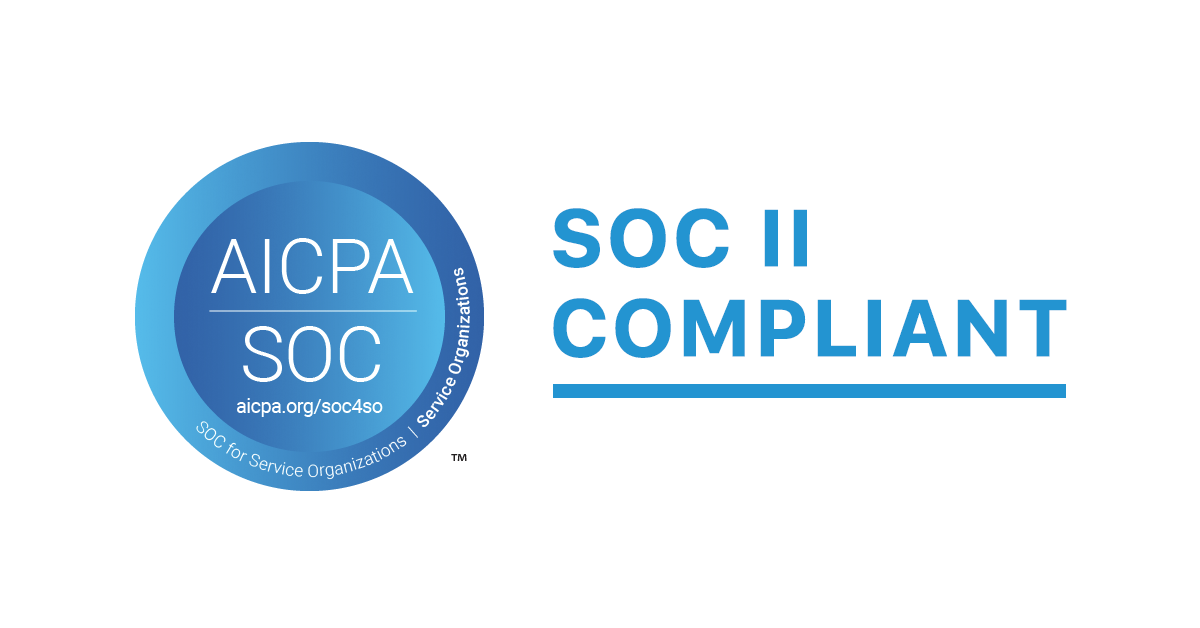Titans of Trading: What Exactly is an Accredited Investor?

Accredited investors are not your everyday investors. These individuals and entities have been granted the license to tread in more complex and often riskier investment waters due to their financial prowess and net worth. An exclusive group, accredited investors navigate the less-charted territories of unregistered securities, venturing where others often can’t. What is an accredited investor and how can you become an accredited investor? Let’s delve deeper into understanding the nuances that define these financial titans, their roles, responsibilities, and the inherent risks and rewards that form their reality.
What is an Accredited Investor?

Coined by the U.S. Securities and Exchange Commission (SEC) under Regulation D, the term ‘accredited investor’ refers to those who are financially sophisticated and therefore can afford to take more risks. This elite group includes high-net-worth individuals (HNWIs), banks, insurance companies, brokers, and trusts.
How to Become an Accredited Investor?
So how does one ascend to this coveted status of an accredited investor? In the U.S., the Securities and Exchange Commission (SEC) sets forth the criteria under Rule 501 of Regulation D, though regulations vary across different jurisdictions.
To begin with, a primary criterion for an individual to qualify as an accredited investor is income-based. The SEC mandates that for an individual to meet this requirement, they must have an annual income exceeding $200,000 for the last two years, with an expectation of maintaining or surpassing that level in the current year. If you’re considering joint income with a spouse, the bar is set at $300,000. It’s worth noting that this income test can’t be satisfied by mixing and matching—one year of an individual’s income and the next two years of joint income won’t cut it.
There’s another route to becoming an accredited investor—through net worth. An individual with a net worth exceeding $1 million, either on their own or jointly with a spouse, qualifies as an accredited investor. But here’s the kicker: the primary residence’s value can’t be included in this calculation. Furthermore, if you’re a general partner, executive officer, or director for a company issuing unregistered securities, the SEC will also bestow upon you the accredited investor status.
Entities aren’t left out of this exclusive circle. If a private business development company or an organization boasts assets north of $5 million, it is considered an accredited investor. Moreover, an entity comprising equity owners who themselves are accredited investors also qualifies. However, it’s important to note that an organization can’t be formed solely for purchasing specific securities.

In essence, the journey to becoming an accredited investor is a demonstration of significant financial stability, either through substantial income or hefty net worth, reflective of an investor’s capability to withstand potential investment risks.
Opening Doors to Exclusive Opportunities: The Privileges of Accredited Investors
The prestige that comes with being an accredited investor isn’t simply about the title. It offers access to a broad array of investment opportunities often out of reach for regular investors. These exclusive avenues are not only potentially profitable, but also add a layer of diversity to an investor’s portfolio, creating a more balanced financial profile.
One such opportunity is the private placement of securities. Here, companies directly sell securities to accredited investors, bypassing the need for a public offering. This avenue provides access to potentially high-reward investments, even in early-stage companies or startups. However, it’s important to remember that such investments also come with an increased level of risk, given the lack of extensive regulatory oversight and disclosures associated with public offerings.
Another intriguing opportunity is angel investing, an investment strategy where accredited investors provide capital for startups, often in exchange for equity. As an angel investor, you get the chance to be on the frontline of innovation, potentially identifying and investing in promising companies long before they hit mainstream markets.
Accredited investors also have privileged access to hedge funds and private equity, financial realms that often remain elusive for regular investors, as well as Reg D security token offerings. These alternative investments allow accredited investors to diversify their portfolios, spread risks, and potentially realize substantial returns.
In summary, being an accredited investor acts as a key to a world of unique and exclusive investment opportunities, spanning private placements, angel investments, hedge funds, and private equity. However, as with any investment, these come with their own set of risks and should be approached with a thorough understanding and strategic planning.
Accredited Investor Laws: A Matter of Fairness?
Accredited investor laws have long been a topic of debate, with critics arguing that they unfairly lock out potential investors who, despite not meeting specific financial benchmarks, may possess the sophistication and understanding required to navigate higher-risk investments. In an attempt to address these concerns, the U.S. Securities and Exchange Commission (SEC) announced a significant modernization of the accredited investor definition in 2020.
This historic amendment represented a departure from solely using income or net worth as qualifying metrics. Recognizing that financial sophistication is not exclusively linked to wealth, the SEC expanded the definition to consider investors’ professional knowledge, experience, or certifications. For the first time, individuals were permitted to participate in private capital markets based not just on their income or net worth, but also on established, clear measures of financial sophistication.
Specifically, the SEC added a new category permitting natural persons to qualify as accredited investors based on professional certifications, designations, or credentials from an accredited educational institution. In practice, this meant holders of Series 7, Series 65, and Series 82 licenses, among others, could now qualify as accredited investors. This amendment also provided flexibility for the SEC to reevaluate or add certifications, designations, or credentials in the future.
Despite this progress, it is important to note that the debate around accredited investor laws’ fairness continues. While these amendments have indeed broadened access, questions around who should be considered “sophisticated enough” to handle higher-risk investments persist. Nevertheless, the updated definition of an accredited investor stands as a meaningful stride towards a more inclusive financial market.
David Azaraf July 17, 2023
Crypto enthusiast, help businesses plug into the token economy





